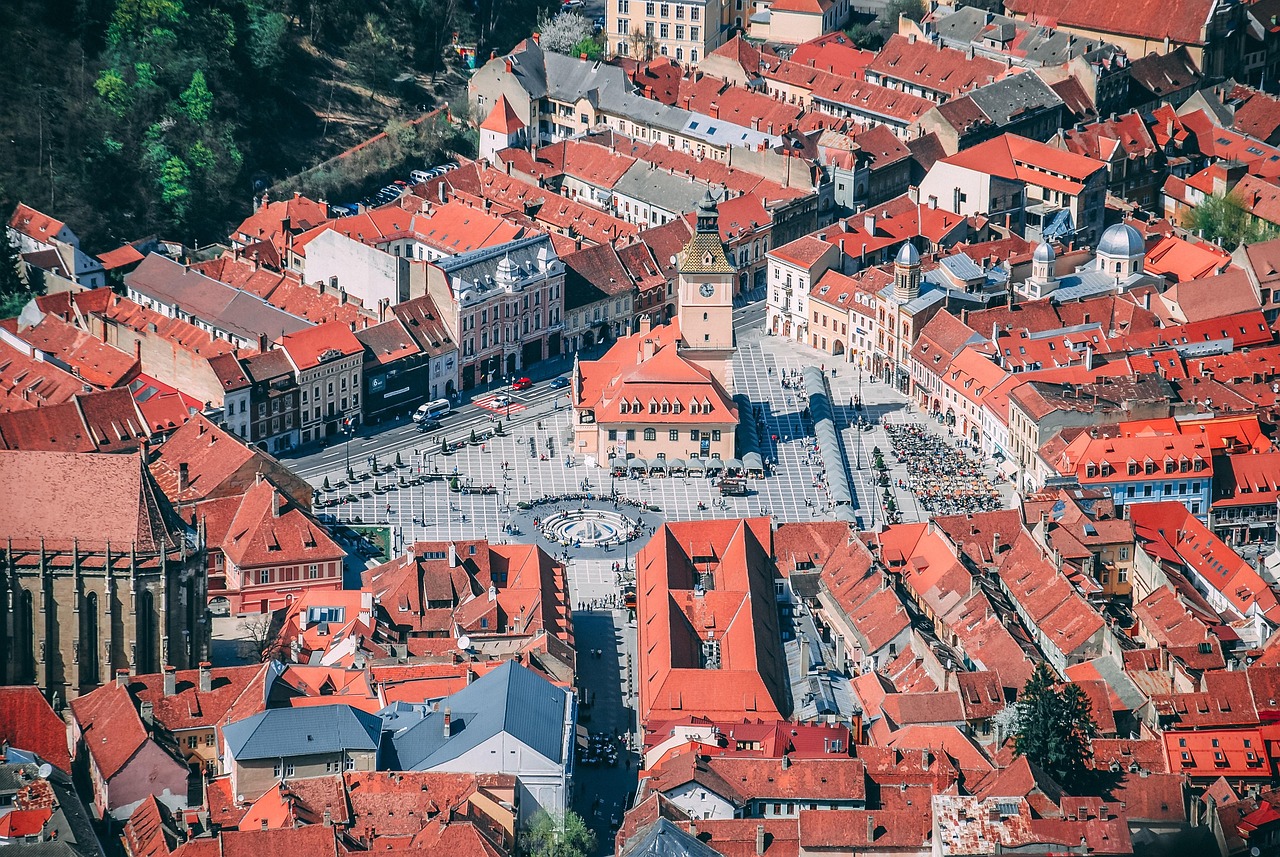Romania has shifted quickly from hiring locals to officially bringing in foreign workers. Thousands of job slots are approved each year, especially in construction, logistics, and light industry. Residency permits follow a clear legal process. For Third Country Nationals, it’s a stable and lawful way in. Magyar operates fully inside this system from job contract to residency card.


We screen each applicant for risks tied to rejection. Files must match active employer demand and permit eligibility under Romanian law.

Once matched, you receive a real job offer with full Romanian legal backing.

Our legal unit submits your full dossier including accommodation proof, police records, and notarized contract.

Upon permit approval, you apply for the D/AM long-stay visa with our embassy prep team guiding all your documents and steps.

Once you land, we arrange local registration, biometric submission, tax ID issuance, and legal residence finalization.


We operate directly with vetted companies, not sub-agents or freelancers. Job offers pass through real HR channels.

We never file blindly. If the work authorization isn’t approved in Romania, your visa process doesn’t move forward.

Our in-house system flags missing, expired, or noncompliant documents before they hit embassy or IGI desks.

We don’t give vague promises. Every client sees the contract, the permit notice, the embassy appointment, and final registration proof.

Magyar’s core team includes labor migration analysts, legal interpreters, and consular strategy planners. We speak the system’s language.

Our Romanian field team walks clients through police visits, residency registration, and follow-up inspections when needed.
Construction, warehouse, slaughterhouse, and light manufacturing roles dominate our portfolio. Employers are licensed and experienced with foreign hires.
No. Work is done in teams with English, Arabic, or basic instruction methods. Most companies handle integration on-site.
Yes, in most factory or construction roles, employers provide shared rooms. Some include food, others offer a fixed meal allowance.
Permit and visa combined can take 6 to 8 weeks on average. Peak seasons or embassy delays may stretch this slightly.
Yes, but a new permit must be filed and approved before the transition. Magyar offers transfer support to eligible applicants.
Magyar runs the full system from inside.